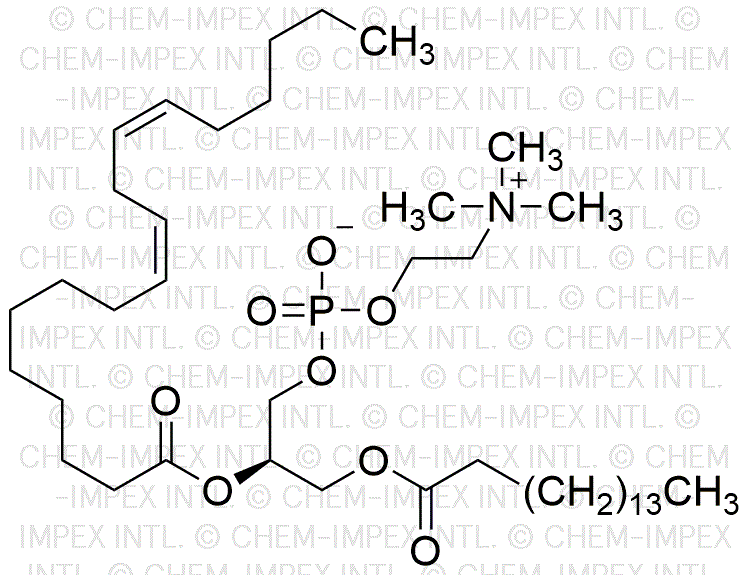Lecithin from soybean is widely utilized in research focused on:
- Food Industry: It serves as an emulsifier in various food products, improving texture and stability. For example, it helps blend oil and water in salad dressings and sauces.
- Pharmaceuticals: Lecithin is used in drug formulations to enhance bioavailability, allowing for better absorption of active ingredients in the body.
- Cosmetics: Its moisturizing properties make it a popular ingredient in skincare products, helping to maintain skin hydration and improve product spreadability.
- Animal Feed: It is added to animal feed to improve nutrient absorption and promote healthy growth in livestock, making it essential for the agriculture sector.
- Biotechnology: In laboratory settings, lecithin is often used as a cell culture supplement, providing essential phospholipids that promote cell growth and viability.
General Information
Properties
Safety and Regulations
Applications
Lecithin from soybean is widely utilized in research focused on:
- Food Industry: It serves as an emulsifier in various food products, improving texture and stability. For example, it helps blend oil and water in salad dressings and sauces.
- Pharmaceuticals: Lecithin is used in drug formulations to enhance bioavailability, allowing for better absorption of active ingredients in the body.
- Cosmetics: Its moisturizing properties make it a popular ingredient in skincare products, helping to maintain skin hydration and improve product spreadability.
- Animal Feed: It is added to animal feed to improve nutrient absorption and promote healthy growth in livestock, making it essential for the agriculture sector.
- Biotechnology: In laboratory settings, lecithin is often used as a cell culture supplement, providing essential phospholipids that promote cell growth and viability.
Documents
Safety Data Sheets (SDS)
The SDS provides comprehensive safety information on handling, storage, and disposal of the product.
Product Specification (PS)
The PS provides a comprehensive breakdown of the product’s properties, including chemical composition, physical state, purity, and storage requirements. It also details acceptable quality ranges and the product's intended applications.
Certificates of Analysis (COA)
Search for Certificates of Analysis (COA) by entering the products Lot Number. Lot and Batch Numbers can be found on a product’s label following the words ‘Lot’ or ‘Batch’.
Numéro de catalogue
Numéro de lot/série
Certificates Of Origin (COO)
This COO confirms the country where the product was manufactured, and also details the materials and components used in it and whether it is derived from natural, synthetic, or other specific sources. This certificate may be required for customs, trade, and regulatory compliance.
Numéro de catalogue
Numéro de lot/série
Safety Data Sheets (SDS)
The SDS provides comprehensive safety information on handling, storage, and disposal of the product.
DownloadProduct Specification (PS)
The PS provides a comprehensive breakdown of the product’s properties, including chemical composition, physical state, purity, and storage requirements. It also details acceptable quality ranges and the product's intended applications.
DownloadCertificates of Analysis (COA)
Search for Certificates of Analysis (COA) by entering the products Lot Number. Lot and Batch Numbers can be found on a product’s label following the words ‘Lot’ or ‘Batch’.
Numéro de catalogue
Numéro de lot/série
Certificates Of Origin (COO)
This COO confirms the country where the product was manufactured, and also details the materials and components used in it and whether it is derived from natural, synthetic, or other specific sources. This certificate may be required for customs, trade, and regulatory compliance.


